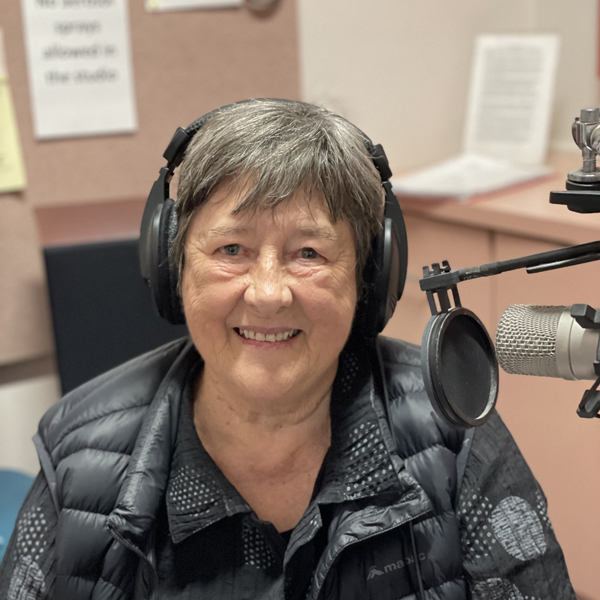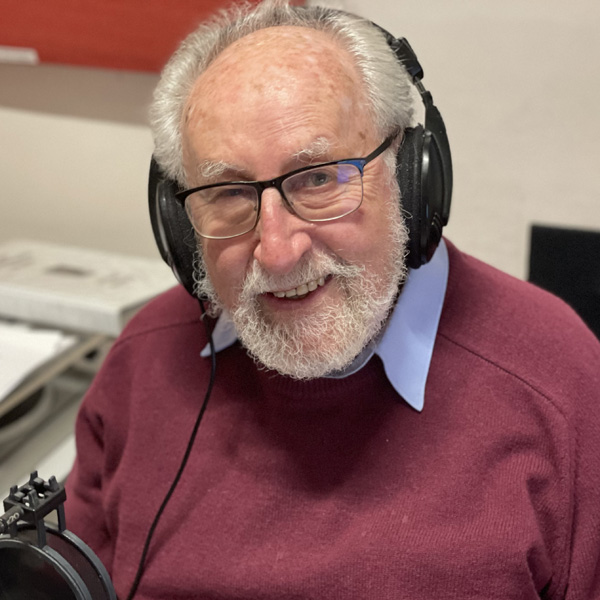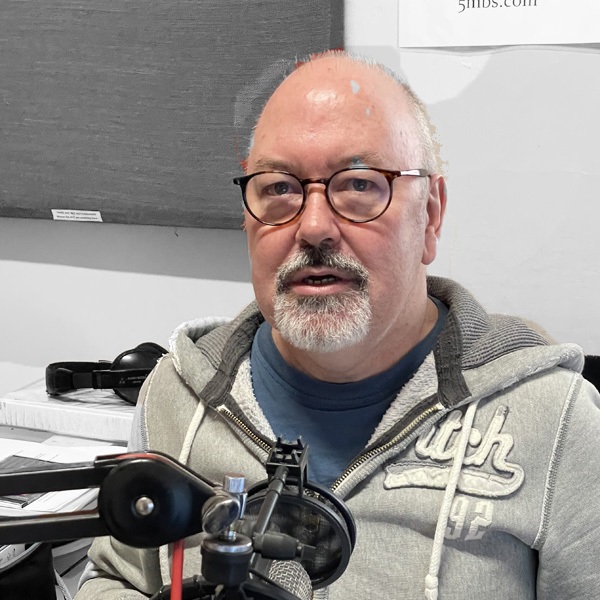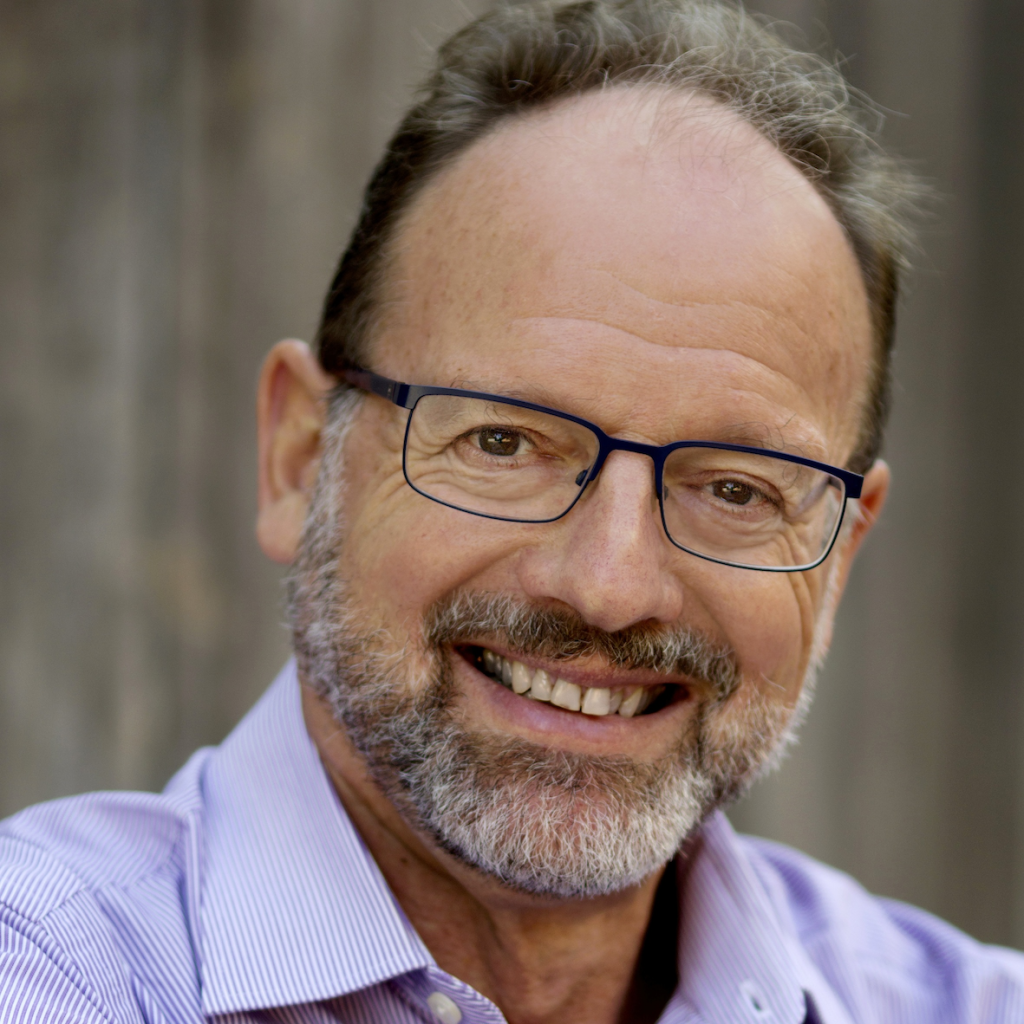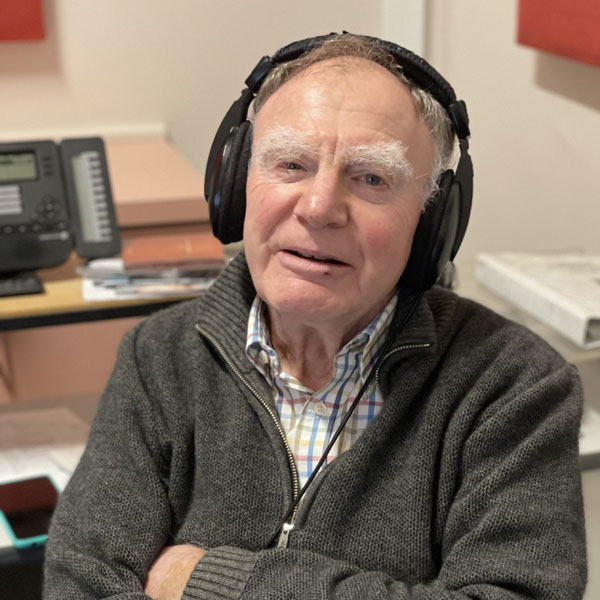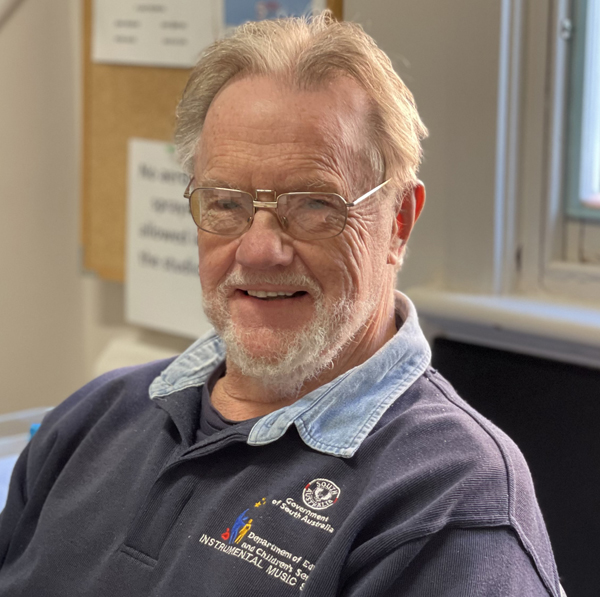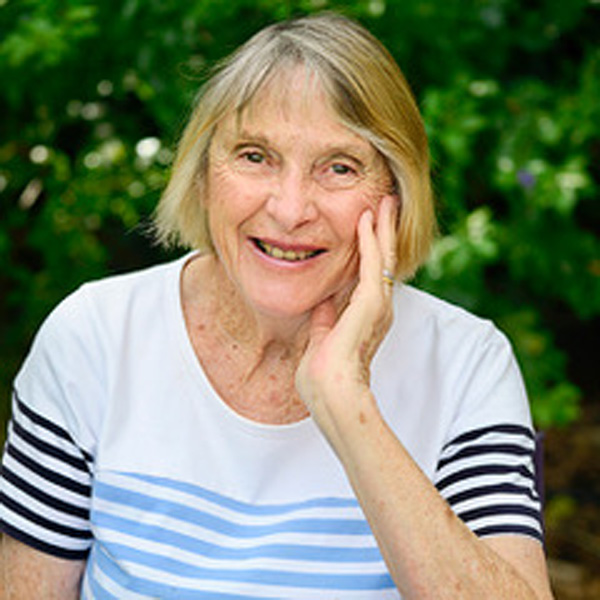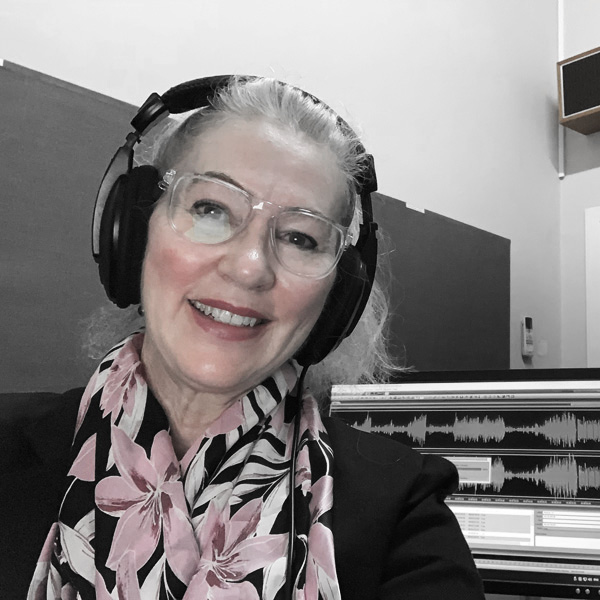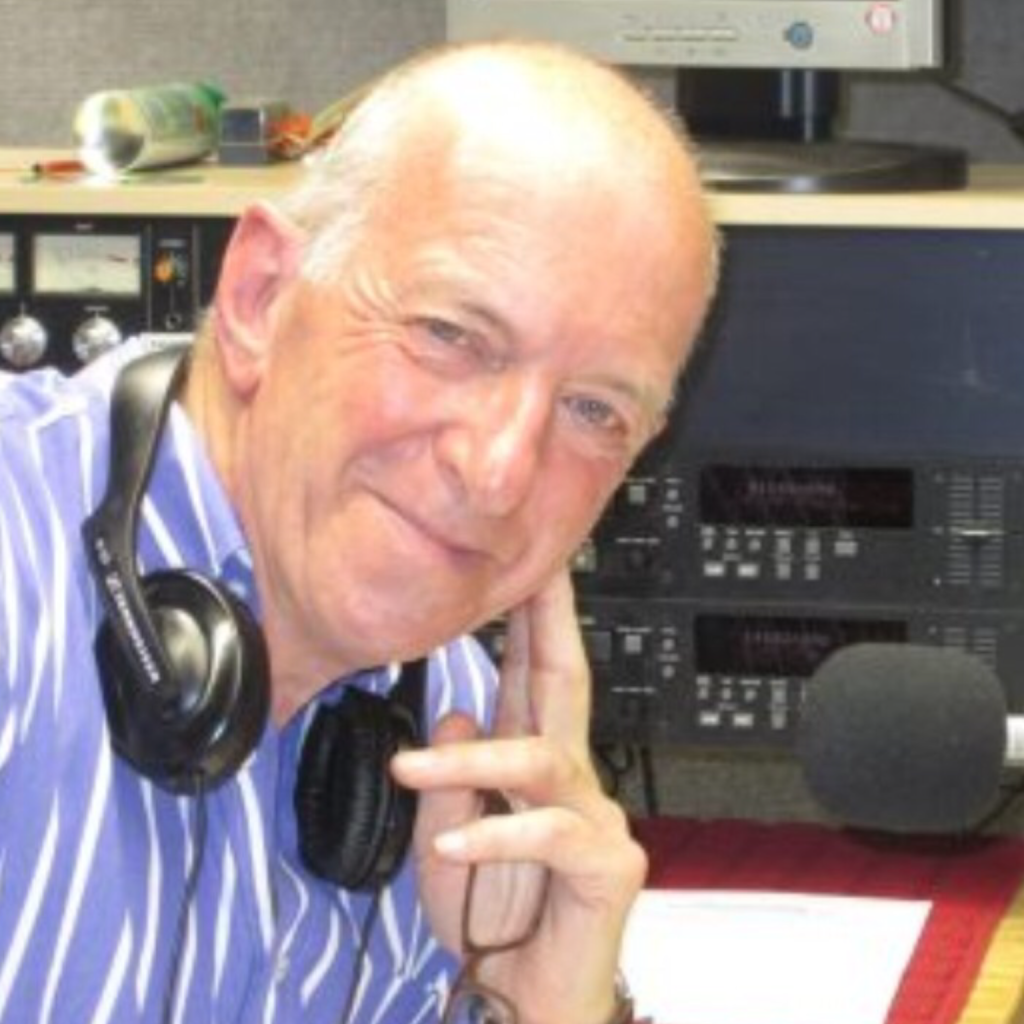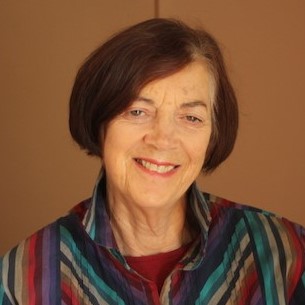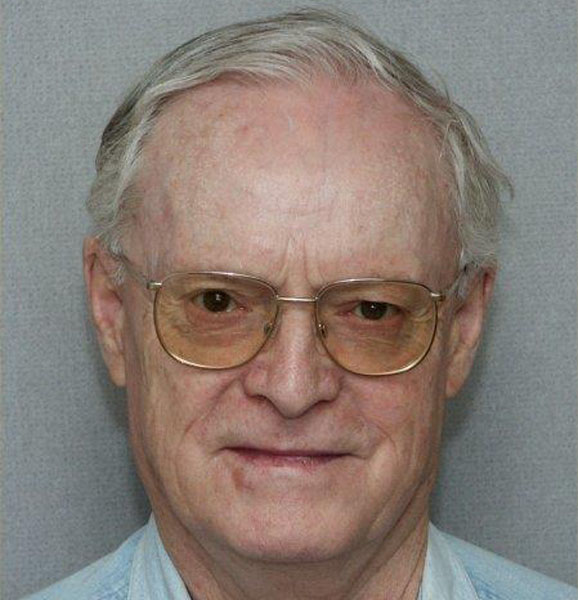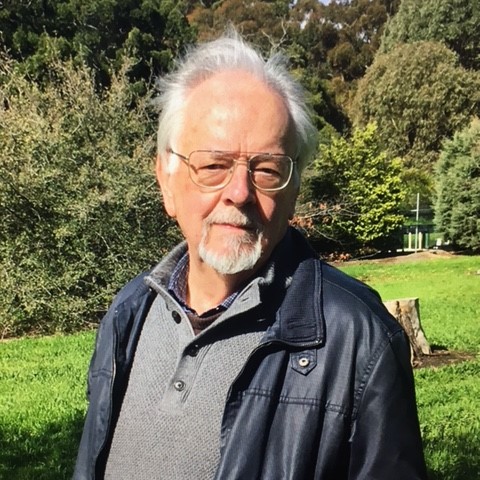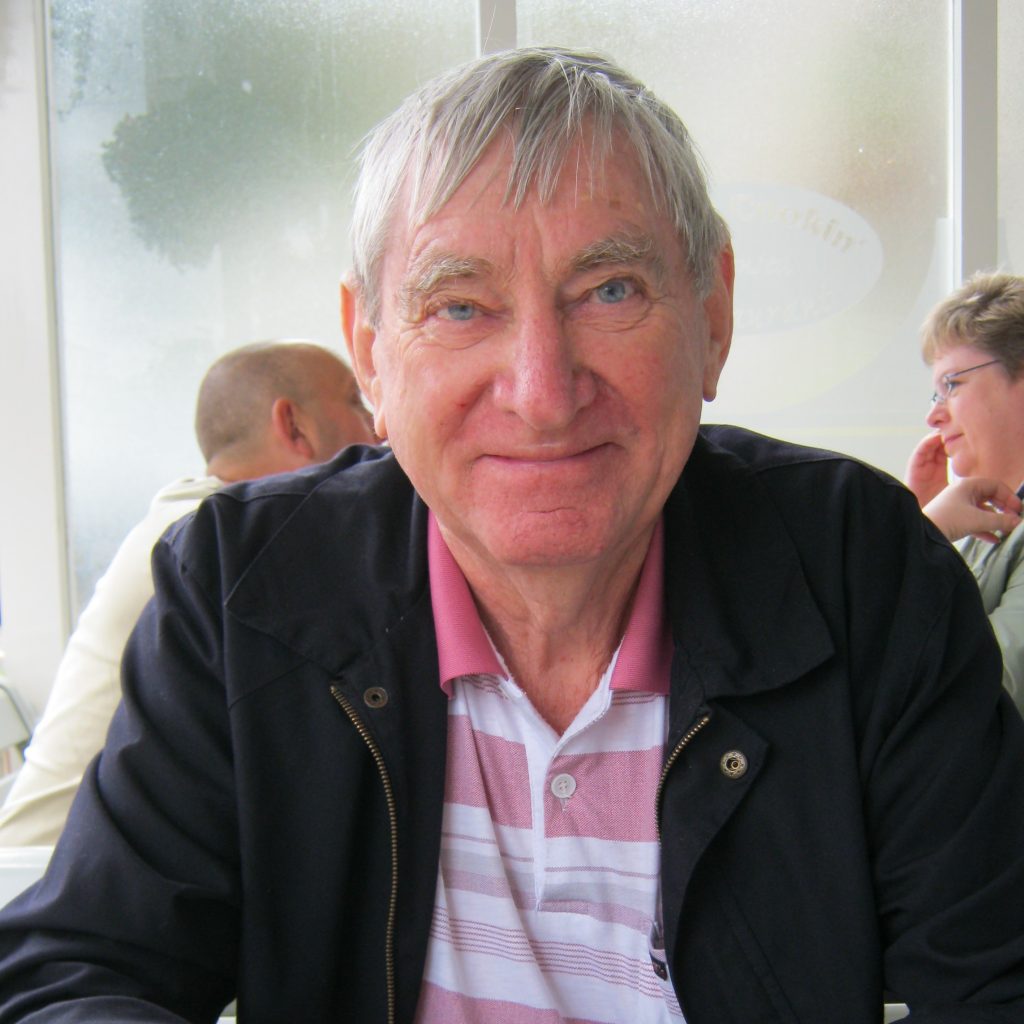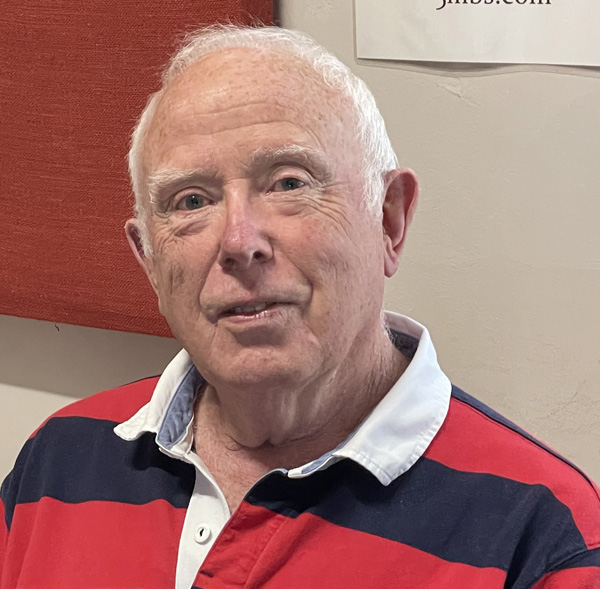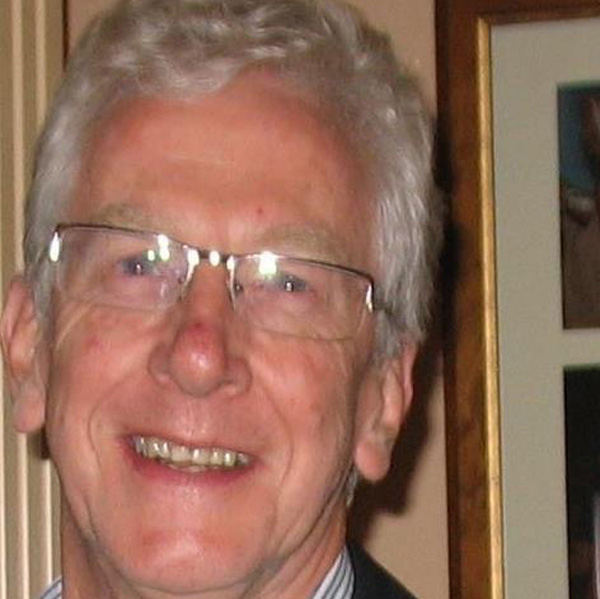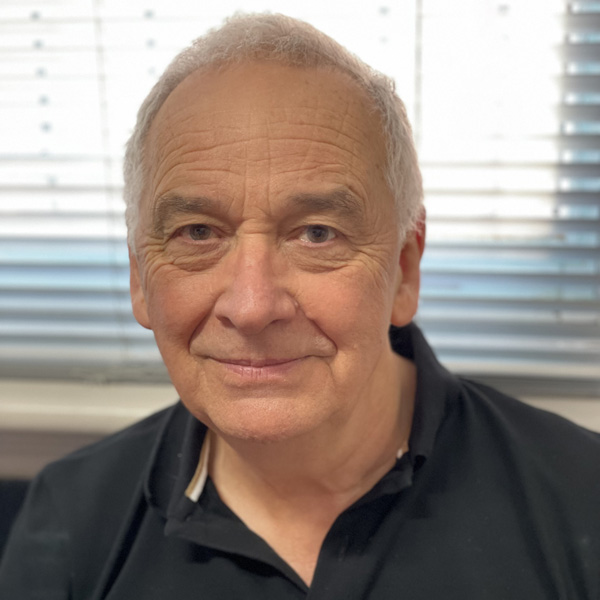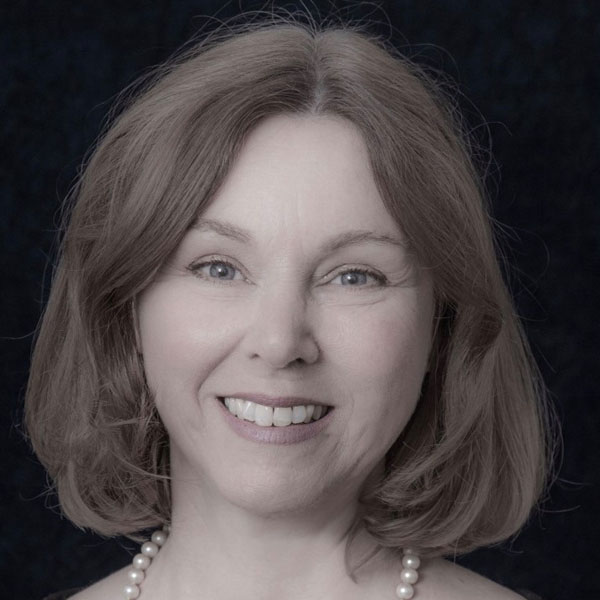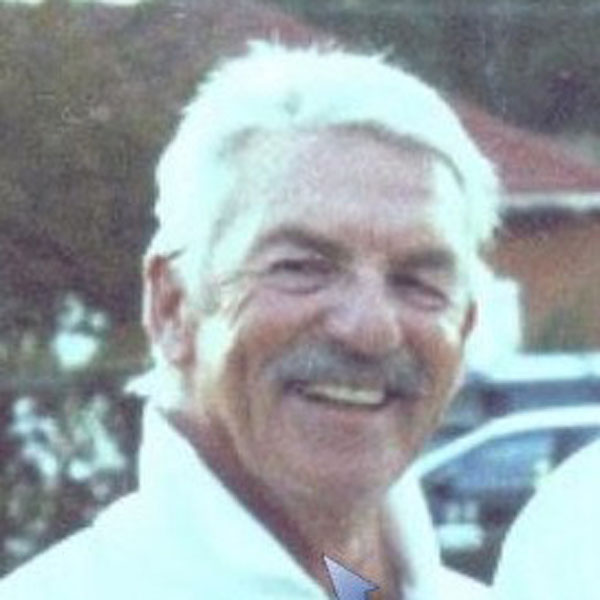Classical Music on 5mbs
Classical music generally refers to the formal musical tradition of the Western world, considered to be distinct from Western folk music or popular music traditions. It is sometimes distinguished as Western classical music, as the term “classical music” may also refer to non-Western traditions which exhibit similar formal qualities.
In addition to formality, classical music is often characterized by complexity in its musical form and harmonic organization, particularly with the use of polyphony.
Here at Radio 5mbs, our passionate presenters curate many programs each month, each one sampling a cross section of classical music, or focussing on a particular genre, composer, instrument, or theme.
You can receive a detailed program each month by subscribing to our newsletter or visiting our Program Guide page.
New Release
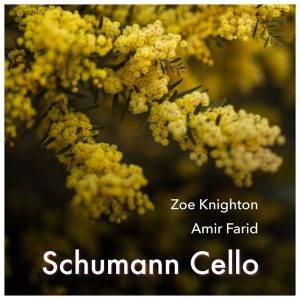
Schumann Cello
This new release on the Move label and supplied to us by Move Records, is titled ‘Schumann Cello, featuring cellist Zoe Knighton and pianist Amir Farid, and includes a collection of short works by Clara and Robert Schumann.
Clara and Robert Schumann were the most celebrated music couple of the 19th century. They met as children when Robert was having piano lessons with Clara’s father, Friedrich Wieck.
This month's OPERA
Opera on Wednesdays at 8, coordinated by Glen Quick.
Visit our Opera page to find details of this month’s operas and to listen.
Classical Articles
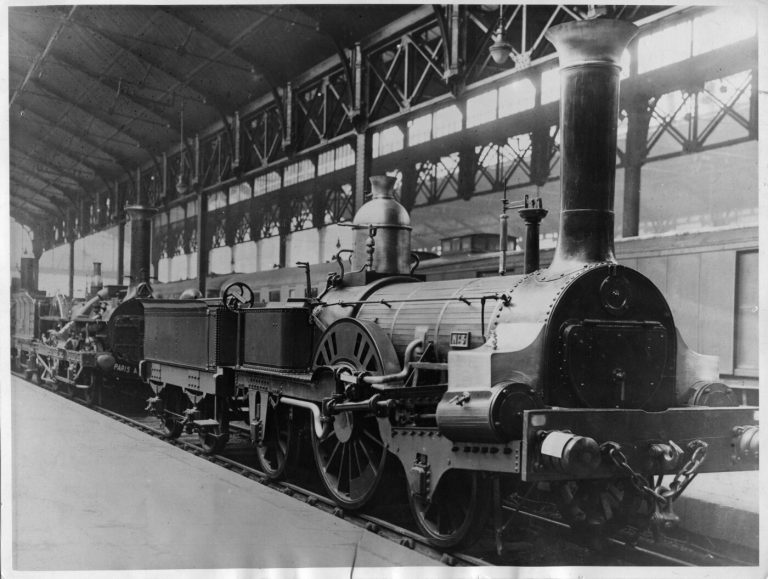
Great Musical Patrons 5 – Railways & Music
What do railways and music have in common? How did railways and composition become intertwined?
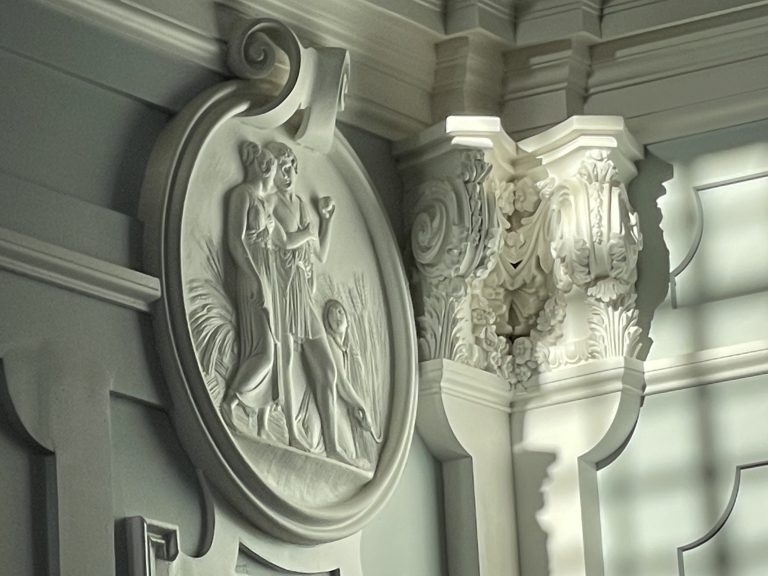
Palatial Treats: New North Adelaide Baroque Hall
Graham Strahle reports on a concert given by Tarrawatta Trio in the newly completed North
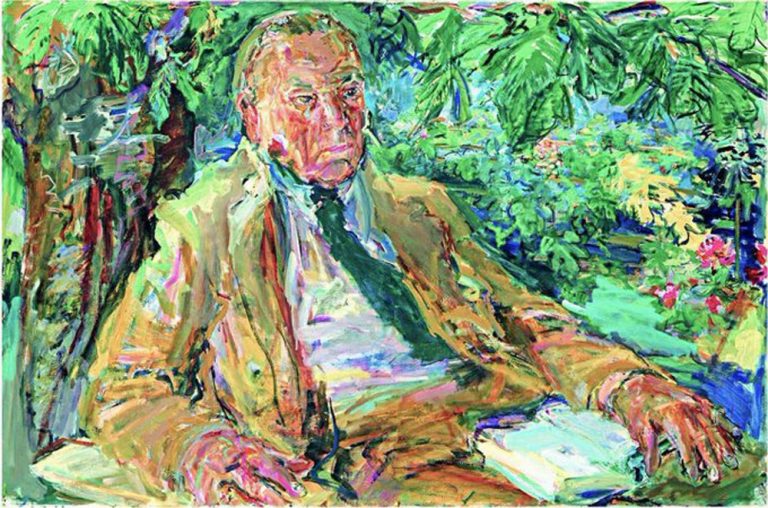
Great Musical Patrons 4 -Werner Reinhart (and his link to Alma Moodie – forgotten Australian violinist)
Werner Reinhart lived between 1884 and 1951. He was a Swiss businessman, philanthropist, amateur clarinettist,
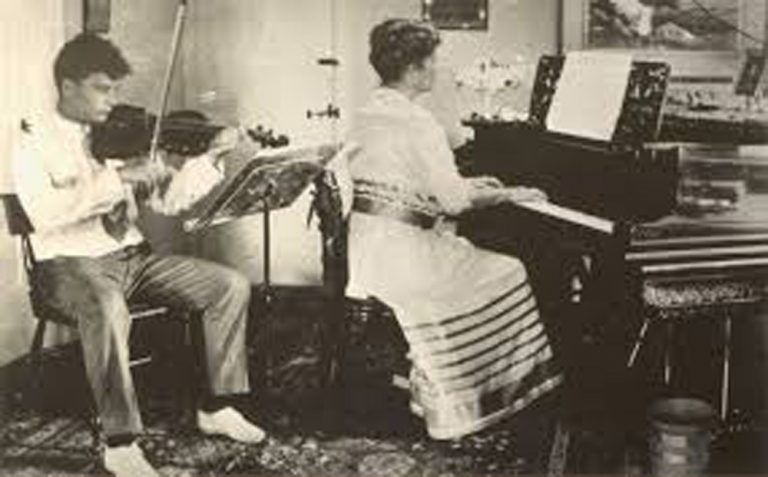
Great Musical Patrons 3 – Elizabeth Sprague Coolidge
Elizabeth Penn Sprague was born in Chicago in 1864. Her father was a wealthy owner
Classical Presenters
Help Support 5mbs
We have a fantastic team of members and volunteers at 5mbs, with many opportunities for more. Check out the various ways you can help support the passionate team at 5mbs
Subscribe for updates
Sign up to receive program guides, articles, and event updates



